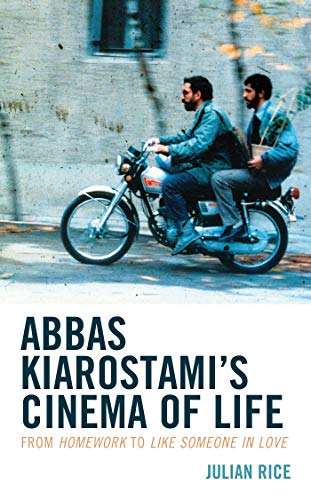

Most ebook files are in PDF format, so you can easily read them using various software such as Foxit Reader or directly on the Google Chrome browser.
Some ebook files are released by publishers in other formats such as .awz, .mobi, .epub, .fb2, etc. You may need to install specific software to read these formats on mobile/PC, such as Calibre.
Please read the tutorial at this link: https://ebookbell.com/faq
We offer FREE conversion to the popular formats you request; however, this may take some time. Therefore, right after payment, please email us, and we will try to provide the service as quickly as possible.
For some exceptional file formats or broken links (if any), please refrain from opening any disputes. Instead, email us first, and we will try to assist within a maximum of 6 hours.
EbookBell Team

5.0
38 reviewsStanding apart from celebrated Iranian ideals of war and martyrdom, revolutionary filmmaker Abbas Kiarostami was known as a man who praised life and celebrated it in all his works. Creating films for more than 40 years during times of unending war and political turmoil, Kiarostami promoted the Sufi tradition of seeing God as part of nature and the pre-Islamic Zoroastrian ideal of environmental protection.
Kiarostami’s self-image as a citizen of the world, his renunciation of war, and his concern for the future of nature cement his importance within the art form of poetic cinema. Addressing Kiarostami’s illumination of humanity’s self-destructive tendencies, author Julian Rice presents a detailed analysis of twelve individual films, from Homework (1989) to Like Someone in Love (2012).
Departing from concerns of spectatorship or film in general, Rice’s book portrays the human and spiritual core of Kiarostami. Connected to all other humans and to the earth we all inhabit, Kiarostami’s vision remains a powerful message for film scholars and peaceful people everywhere.